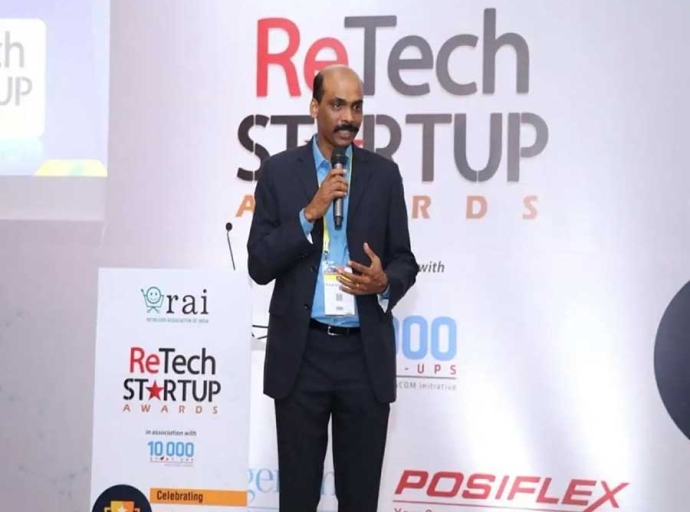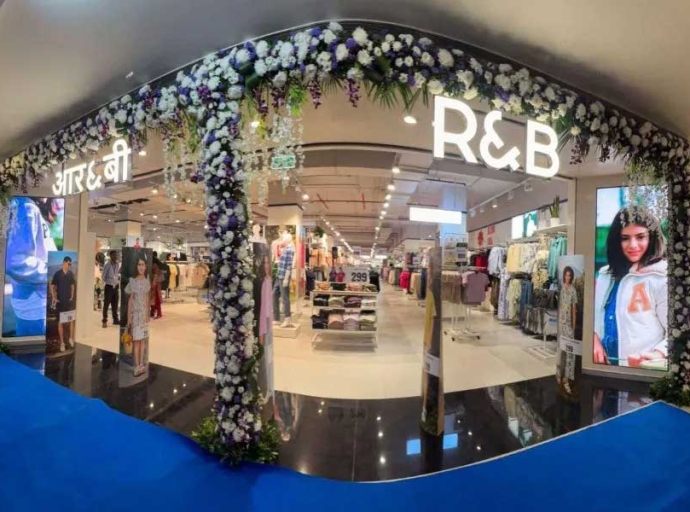Social Commerce in India: A fashion revolution with trust concerns

Social commerce is rapidly transforming the Indian fashion landscape. Estimates suggest a tenfold increase in its market size by 2030, reaching a $55 billion. This growth is triggered by the growing internet penetration, particularly in Tier II, III cities, where consumers are increasingly embracing the convenience and affordability offered by social media shopping, says Deloitte India study.
Catalyst for growth
Several factors have contributed towards this growth.
Growing use of smartphones: India's booming mobile user base translates to high social media engagement, making in-app purchases a natural progression.
Changing consumer behavior: Especially in Tier II, III cities, consumers are increasingly comfortable with online retailers, particularly for fashion and home improvement goods, due to the pandemic's influence.
Convenience and entertainment: Social media platforms provide a familiar and engaging environment for browsing products, blurring the lines between shopping and leisure.
A boon for D2C brands and consumers
Direct-to-consumer (D2C) fashion brands are at the forefront of this revolution. Platforms like Instagram have become virtual marketplaces, allowing brands like Adizya, an ethnic wear brand founded by Charu Khanija to reach a wider audience and generate significant revenue – a staggering 80 per cent for Adizya comes directly from Instagram sales, with a strong focus on Tier II, III cities. Consumers, on the other hand, benefit from the seamless browsing experience and the ability to discover and purchase directly within their favorite social media apps.
Influencers drive sales but authenticity concerns linger
Brands leverage influencer marketing, visually appealing content creation, and giveaways to attract customers. However, a key challenge remains: building trust. Sonia Sarashetti, Director of Influencer Content at BarCode, emphasizes that "authenticity of a brand is still the biggest issue" for Indian consumers wary of online shopping. Some specific concerns are about misleading influencer marketing. Indeed, influencers may prioritize engagement over honest product reviews, potentially harming brand reputation. Then there is the issue of rise in AI-generated content. Deepfakes and other synthetic media further complicate the task of verifying product claims.
In fact, the government is actively addressing these concerns. Regulatory bodies like the Central Consumer Protection Authority (CCPA) and the Advertising Standards Council of India (ASCI) are taking action by mandating clear disclosure of sponsorships in influencer marketing and advertising. And ensuring truthful product claims to protect consumers from misleading information.
Building trust, ensuring quality for success
As social commerce scales, experts like Anand Ramanathan, Partner at Deloitte India, believe that establishing trust is paramount for long-term success. This can be achieved through quality certification which means guaranteeing product quality through certifications builds consumer confidence. And fostering a culture of credible customer reviews, especially for businesses dealing with unbranded products, for this encouraging genuine customer reviews will create a sense of transparency and help buyers make informed decisions.
In conclusion, social commerce in India presents a dynamic and promising avenue for the fashion industry. However, building trust and ensuring product quality will be crucial for sustained growth. By prioritizing authenticity, transparency, and ethical marketing practices, brands and influencers can unlock the true potential of this exciting retail revolution.
Indeed social commerce in India presents a dynamic and promising avenue for the fashion industry. However, building trust and ensuring product quality will be crucial for sustained growth. By prioritizing authenticity, transparency, and ethical marketing practices, brands and influencers can unlock the true potential of this exciting retail revolution.
Latest Publications

































